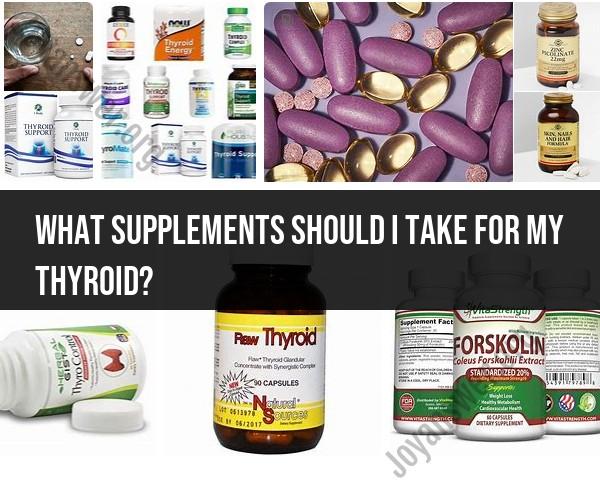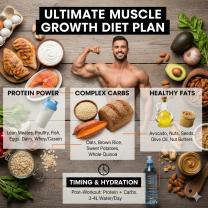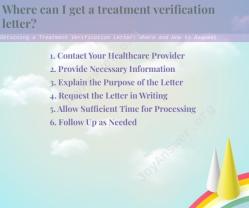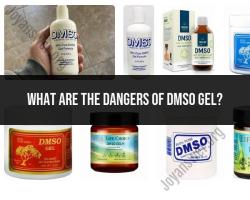What supplements should I take for my thyroid?
Supplements for thyroid health should be used with caution and typically under the guidance of a healthcare professional. The thyroid gland plays a crucial role in regulating metabolism, and any imbalances should be evaluated and treated by a healthcare provider. That said, some supplements and nutrients are often discussed in the context of supporting thyroid health. Here are some considerations:
Iodine: Iodine is an essential component of thyroid hormones. However, excessive iodine intake can be harmful, so it's crucial not to supplement with iodine unless you have a diagnosed iodine deficiency or under the guidance of a healthcare professional.
Selenium: Selenium is a trace mineral that plays a role in the conversion of the thyroid hormone T4 to the active form T3. Adequate selenium intake can support thyroid function. Brazil nuts, fish, and certain meats are good dietary sources of selenium.
Vitamin D: Vitamin D deficiency has been linked to thyroid disorders. Ensuring you have sufficient vitamin D levels through sunlight exposure and/or supplementation can be beneficial.
Zinc: Zinc is involved in thyroid hormone production and regulation. Adequate zinc intake from foods like lean meats, nuts, and seeds is important for thyroid health.
Iron: Iron deficiency can affect thyroid function. If you have anemia or a known iron deficiency, addressing it can support thyroid health.
L-Tyrosine: L-Tyrosine is an amino acid that is a precursor to thyroid hormones. It's sometimes used in thyroid supplements. However, its effectiveness as a standalone supplement for thyroid health is debated.
Ashwagandha: This adaptogenic herb has been studied for its potential to help balance thyroid hormones, but more research is needed.
Spirulina and Chlorella: These algae are sometimes used for thyroid support due to their iodine content. However, their iodine levels can vary, and they should be consumed with caution.
Fish Oil: Omega-3 fatty acids found in fish oil may have anti-inflammatory effects and can potentially benefit thyroid function.
Multivitamin Supplements: In some cases, a well-balanced multivitamin/mineral supplement can help address potential nutrient deficiencies that may affect thyroid health. Be cautious not to overdo certain nutrients like iodine if they are already in your diet.
Remember that the effectiveness and safety of supplements can vary among individuals, and their use should be discussed with a healthcare provider, especially if you suspect thyroid issues or are already on thyroid medication. Self-supplementing with thyroid-supporting nutrients without proper evaluation can lead to imbalances and unintended health consequences. Always aim to get most of your nutrients from a balanced diet and consider supplements only when necessary and under medical supervision.
Thyroid Health and Supplements: A Comprehensive Guide
The thyroid is a small gland located in the neck that plays a vital role in metabolism, growth, development, and many other bodily functions. Thyroid hormones regulate the body's temperature, heart rate, metabolism, and mood.
A number of factors can contribute to thyroid problems, including autoimmune diseases, iodine deficiency, and exposure to certain toxins. Thyroid problems can also be caused by medical treatments, such as radiation therapy and lithium therapy.
There are two main types of thyroid disorders: hypothyroidism and hyperthyroidism. Hypothyroidism occurs when the thyroid gland does not produce enough thyroid hormones. Hyperthyroidism occurs when the thyroid gland produces too much thyroid hormone.
Both hypothyroidism and hyperthyroidism can cause a variety of symptoms, such as fatigue, weight gain or loss, changes in appetite, sleep disturbances, and mood swings.
Recommended Supplements for Thyroid Support and Function
A number of supplements have been shown to support thyroid health and function. Some of the most common supplements recommended for thyroid support include:
- Iodine: Iodine is essential for the production of thyroid hormones. Most people get enough iodine from their diet, but people who follow a low-salt diet or who have certain medical conditions may be at risk for iodine deficiency.
- Selenium: Selenium is a mineral that plays a role in thyroid hormone metabolism. Selenium deficiency can be associated with thyroid problems, such as hypothyroidism and Hashimoto's disease.
- Zinc: Zinc is a mineral that is important for thyroid hormone function. Zinc deficiency can be associated with thyroid problems, such as hypothyroidism and Graves' disease.
- Vitamin D: Vitamin D is a vitamin that is important for many bodily functions, including thyroid function. Vitamin D deficiency is common, and it may be associated with an increased risk of thyroid problems.
- Ashwagandha: Ashwagandha is an herb that has been shown to have adaptogenic properties, which means that it can help the body to adapt to stress. Ashwagandha may also help to improve thyroid function and reduce symptoms of hypothyroidism.
Consultation with a Healthcare Professional for Thyroid Supplement Guidance
It is important to talk to your healthcare provider before taking any supplements, especially if you have a medical condition or are taking any medications. Your healthcare provider can help you to determine if thyroid supplements are right for you and can recommend the appropriate dosage.
Conclusion
There are a number of supplements that have been shown to support thyroid health and function. However, it is important to talk to your healthcare provider before taking any supplements, especially if you have a medical condition or are taking any medications.













